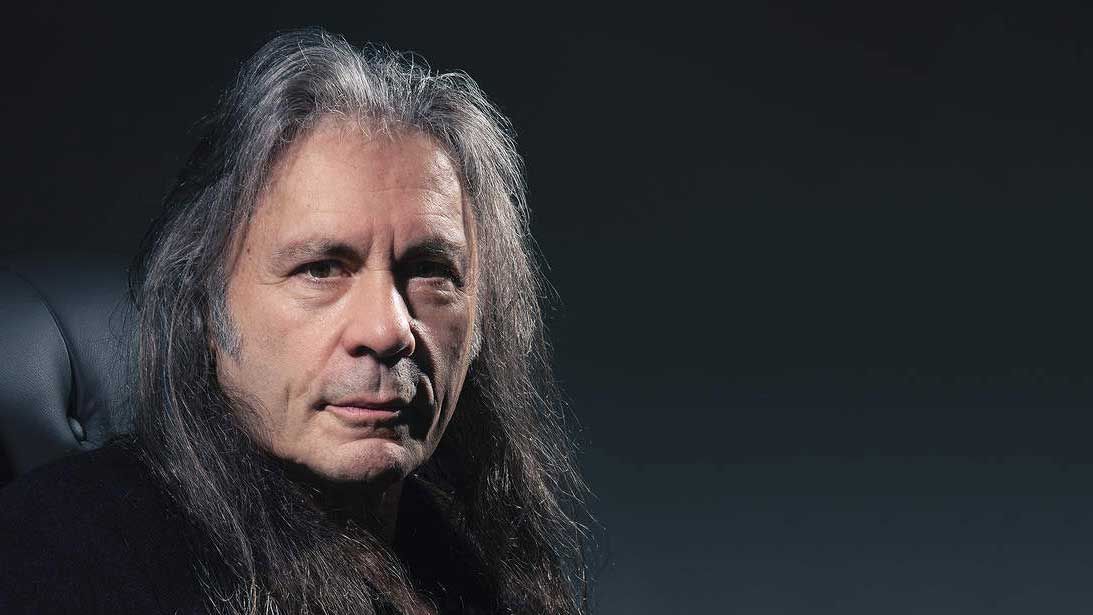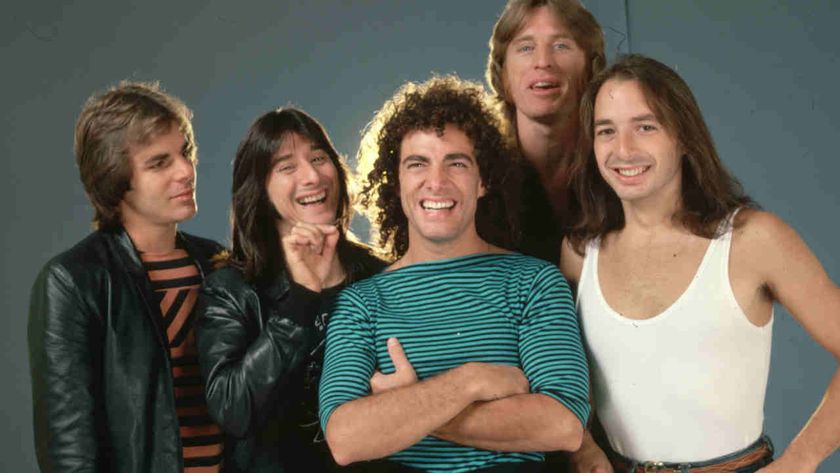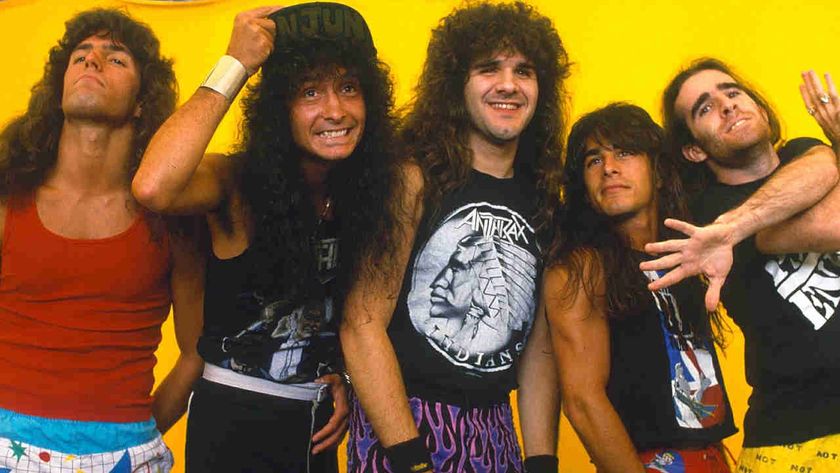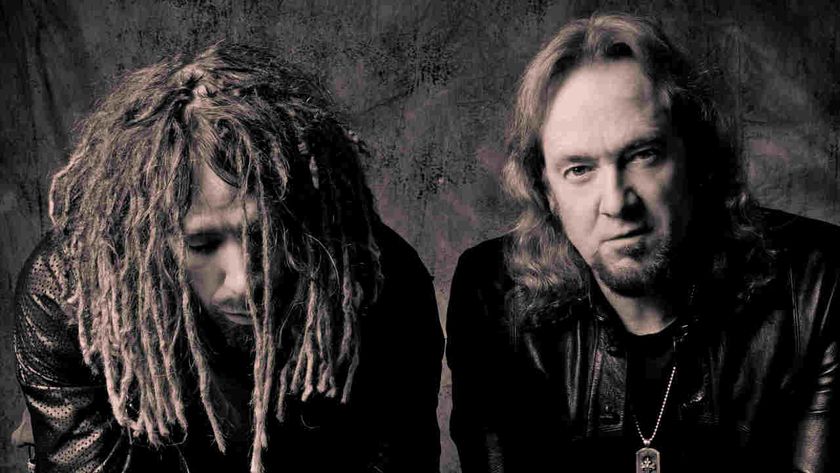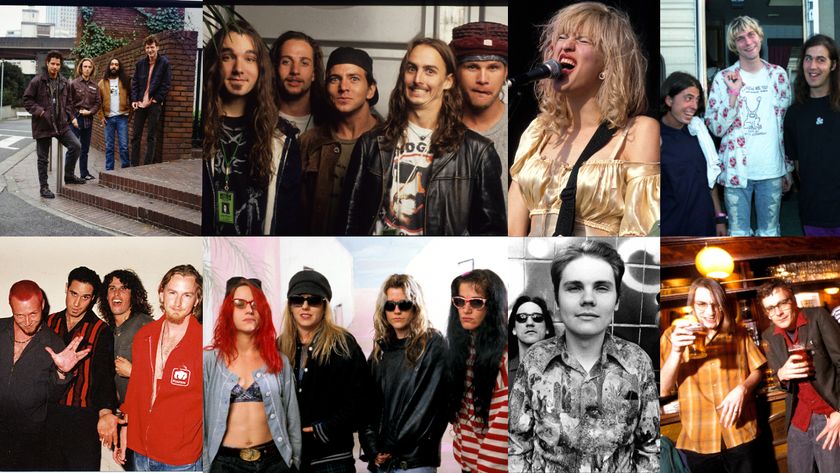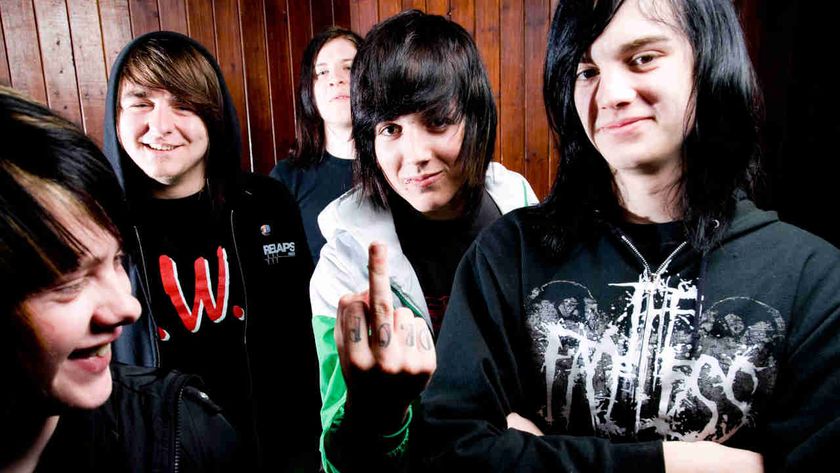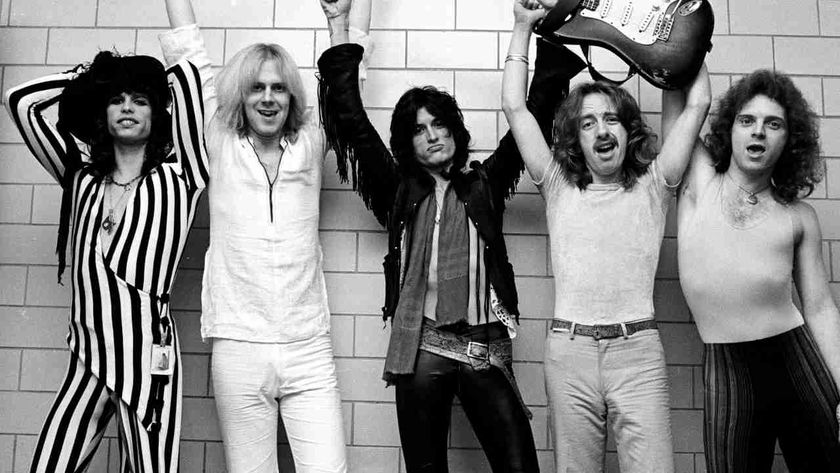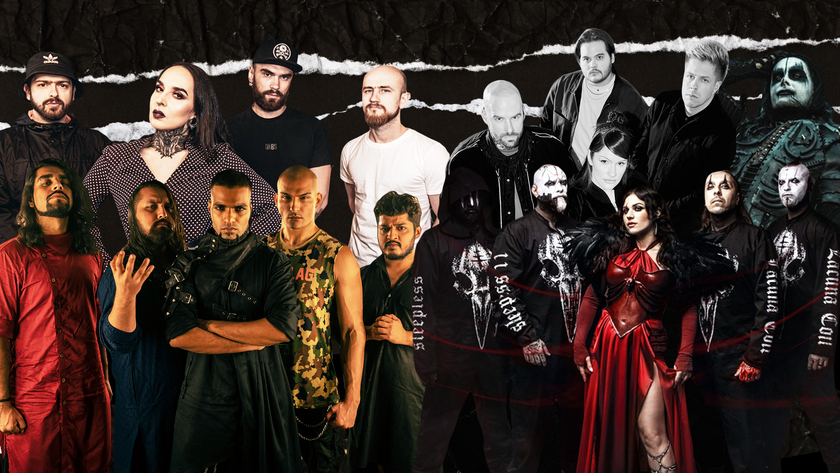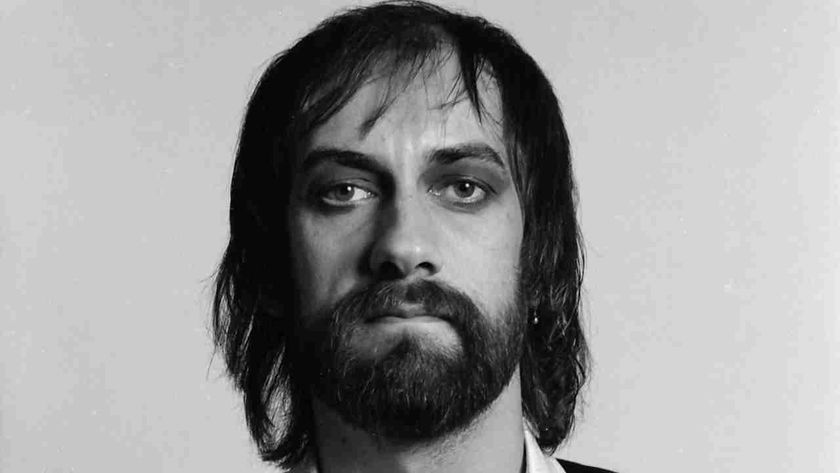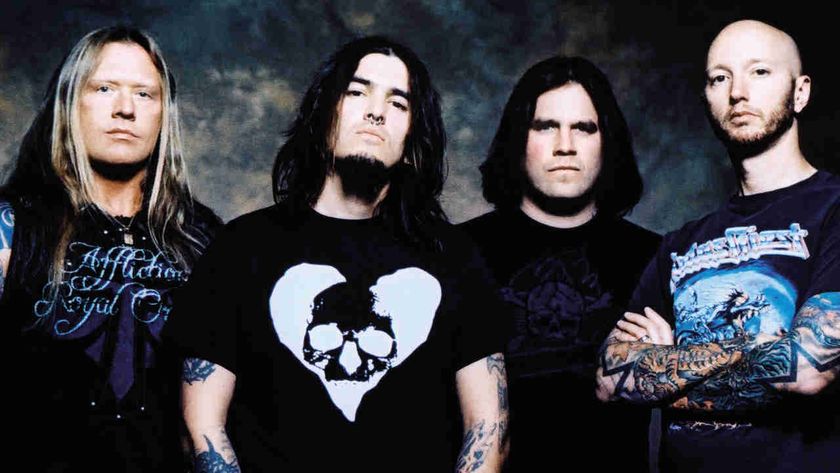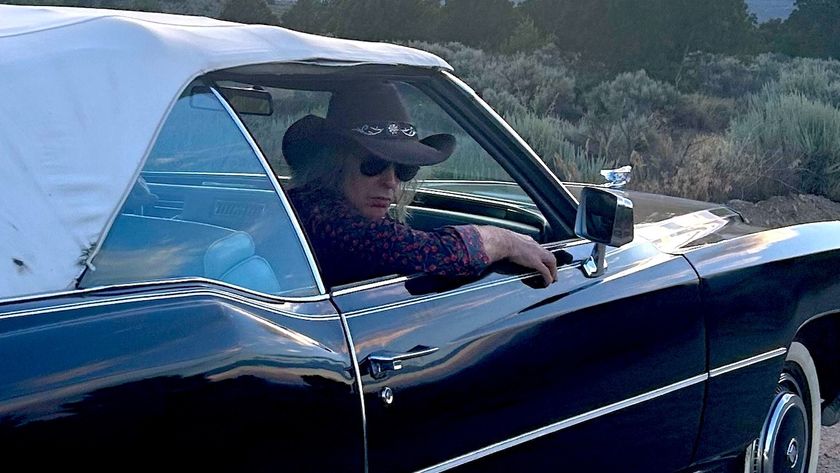Every now and again we come up with an album that really seizes the day, and Senjutsu is one of them. The last album where I think we had a similar sort of sensation was probably [Bruce’s return-to-Maiden 2000 album] Brave New World, because there were lots of cynics going: “It’s just going to be retreads and a load of old crap.”
But of course it wasn’t, and people went: “Oh my god, it’s really good.” After that, people went: “Oh well, it’s another Maiden album, it’s another Maiden tour.” But quietly we were getting a lot bigger than we ever were back in the day.
But this time you had covid, and people were locked in, and they missed going to see this big, monstrous band with Eddies and everything. They were thinking: “Where the hell is that in my life?’ And then you come with an album like Senjutsu – which was recorded before covid was even dreamt of – and it fills that hole.
It’s very heartening that people really got it. Musically it’s a stunning album – it’s complex, it’s emotional, it’s got multiple layers. People go: [disgruntled voice] “It doesn’t sound like 1983.” No, of course it doesn’t, we’ve all kind of moved on a little bit. As we get older we get more contrarian and cantankerous. It’s a bit like Neil Young – he’s been at it for years, but he still manages to come up with things that rub the establishment up the wrong way.
We did have our little animated secret weapon, which was the video for [first single] Writing On The Wall. I knew we weren’t going to be going anywhere for a while, and Maiden certainly weren’t going to be setting up our gear in some rehearsal studio and pretending we’re playing some huge live gig, cos we’d just look like a proper bunch of Charlies.
So I said: “We should put our resources into doing an incredible video.” My template for it was the Rammstein video [for Deutschland], which was a piece of art. Rammstein and Maiden are different styles, but what I was after was the emotional impact that video we had. And I think we captured the emotional impact.
Then there was the teaser stuff we did. I can’t take any credit for that - it was all assembled by Sarah, who does all the social media and internet magic. When she and her team came up with it, I said: “Is this really going to work? Are people really going to be fascinated by this, or is it just a bunch of Maiden geeks.” Which shows how much I knew.
We went head to head with Drake the week the album was released [the rapper narrowly beat Maiden to the No.1 spot]. I don’t really get what he does, though a lot of people do, but going head to head with him felt like: “No, this is real music played by a bunch of old geezers who make no concessions to the times in which we live.” People say: “You’re dinosaurs.” And we go: “Yeah, and there aren’t too many of those left.”
This is who we are, it’s what do. But by and large our audience has moved on with us. Maiden’s audience is like a table made of plywood: every year you add a new layer and the table just gets bigger and bigger. We’ve grown organically – not through social media or any of that stuff. We’ve grown by going out and doing it in front of people.
I can’t wait to get back out there and play these songs. We’re still fired up, and to get back together in a room with the guys to just play music is something I’m looking forward to more than you can ever imagine. I did this gig in Hungary recently with me and [Deep Purple bassist] Roger Glover doing [Purple’s] Concerto For Group And Orchestra, and that was the first time I’ve played music in front of an audience for a few years. It was unbelievable. Roger was in tears. And the Maiden thing will be that to the power of ten.
